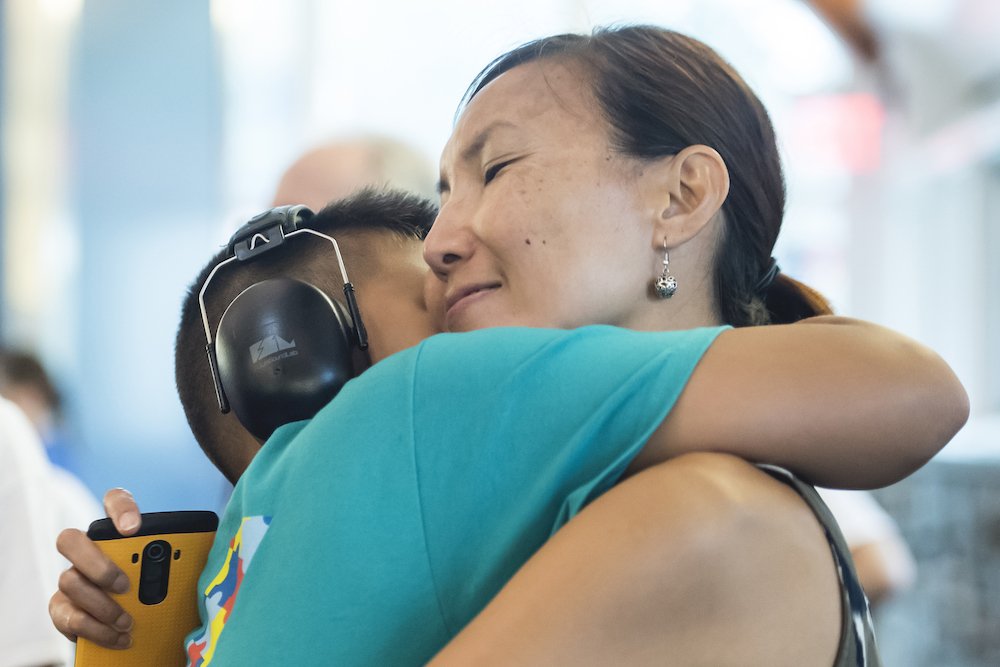Parenting Children With Autism Through Coronavirus: An Expert Weighs In

The drastic changes unfolding over the past few weeks have affected everyone, but children with autism—and their caregivers—may find this time especially trying. “Typically, they’re with their teacher or some sort of support staff for the majority of the day,” explains Jessica Joseph, Ph.D, BCBA, director of programs at Saint Joseph’s University’s Kinney Center for Autism Education and Support. “Going from that to having all their siblings around them all the time and not having that structure throughout the day can be really detrimental.”
Between juggling additional caretaking duties and new work-from-home schedules, parents can use all of the help they can get too. The Kinney Center has compiled a series of resources for its families and anyone in need of support. Check its Facebook page on weekdays for new videos, but first, hear five key tips from Dr. Joseph for getting through this time:
Model calm behavior.
Feeling anxious is perfectly normal at a time like this, but kids take notice. “A lot of children, neurotypical or on the spectrum, feed off of that,” Dr. Joseph says. “It’s important for caregivers to stay as calm and level-headed as possible during this time because our children are definitely watching us right now.”
Post a new day-to-day routine for the family to see.
“Providing some sort of visual schedule so they can mimic some sort of structure and organization throughout their day is definitely recommended,” Dr. Joseph advises. Recreating elements of daycare or school at home—like a set nap time or snack break—can help maintain some consistency. If possible, set aside spaces in your home like a reading nook or exercise corner to simulate the spaces kids would normally visit.
Find ways to include kids in work and chores.
“Incorporate them into the things that you normally would just do yourself—even if it’s for a couple of minutes—so that you’re giving them attention,” Dr. Joseph says. For example, ask kids to measure ingredients as you’re cooking dinner. When it’s time to get office work done, use visual cues like a green card and red card to send a signal, Dr. Joseph suggests. When children see the red card, they know you’re preoccupied at the moment. When they see the green card, they know it’s okay to ask a question or interact.
Focus on the positives.
When talking about COVID-19 with their children, parents should mention the necessary facts but also some good ones as well. “There are fun ways that you can kind of twist it around and make it age-appropriate,” Dr. Joseph says. For example, she’s told her own 4-year-old daughter and others that although they can’t go outside right now, they will still celebrate birthdays on the computer screen.
Go easy on yourself.
It’s okay if things aren’t going perfectly. “One day can go great and everything is fine, but then the next day could just be utter chaos and that’s fine,” Dr. Joseph says. “You can still schedule time for fun, you can schedule time for breaks and you can also praise them each step of the way.”
Saint Joseph’s University’s Kinney Center for Autism Education and Support trains tomorrow’s autism professionals while simultaneously supporting the individuals affected by autism today through diverse programming. Learn more about the Kinney Center.
This is a paid partnership between Saint Joseph's University and Philadelphia Magazine


